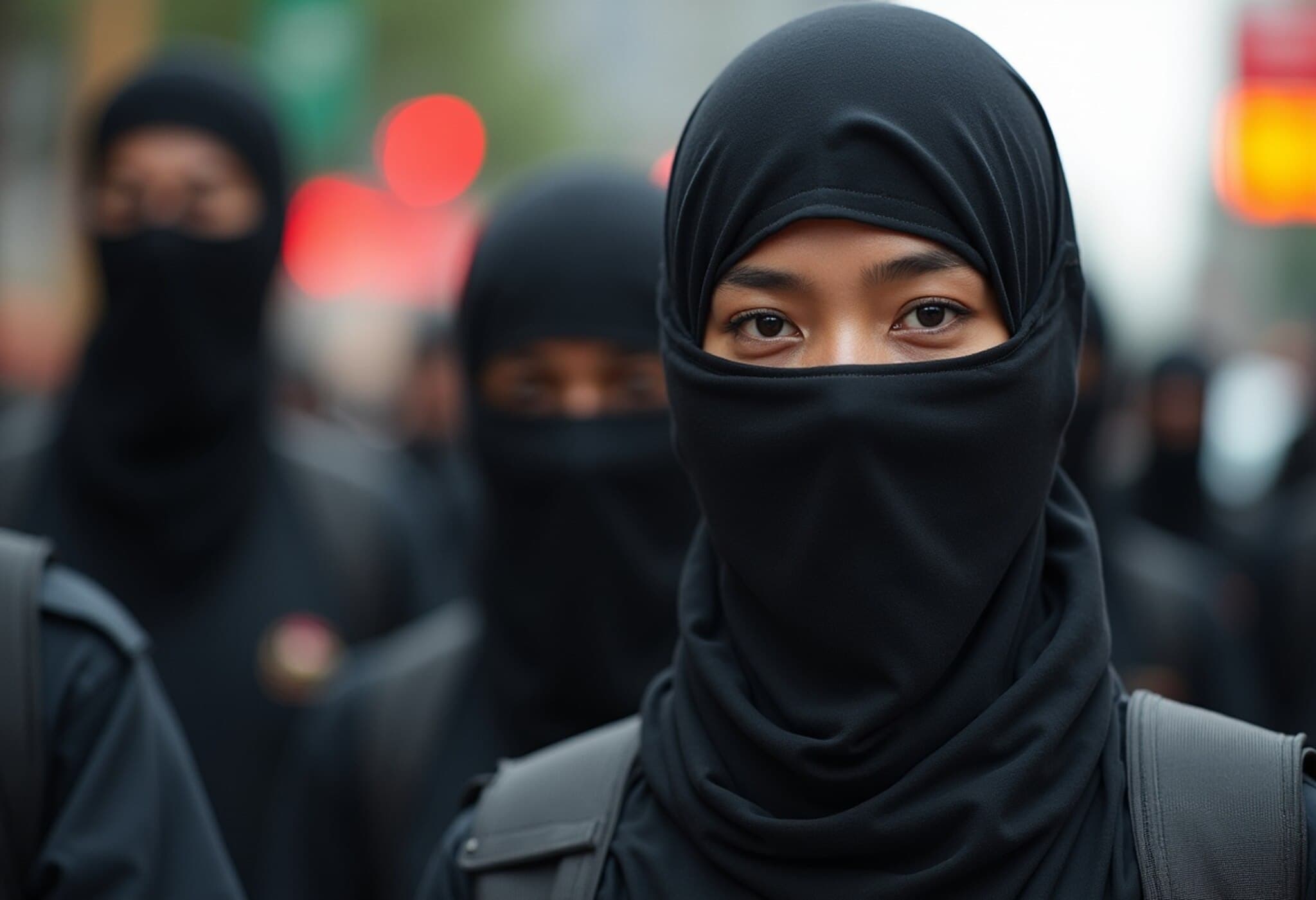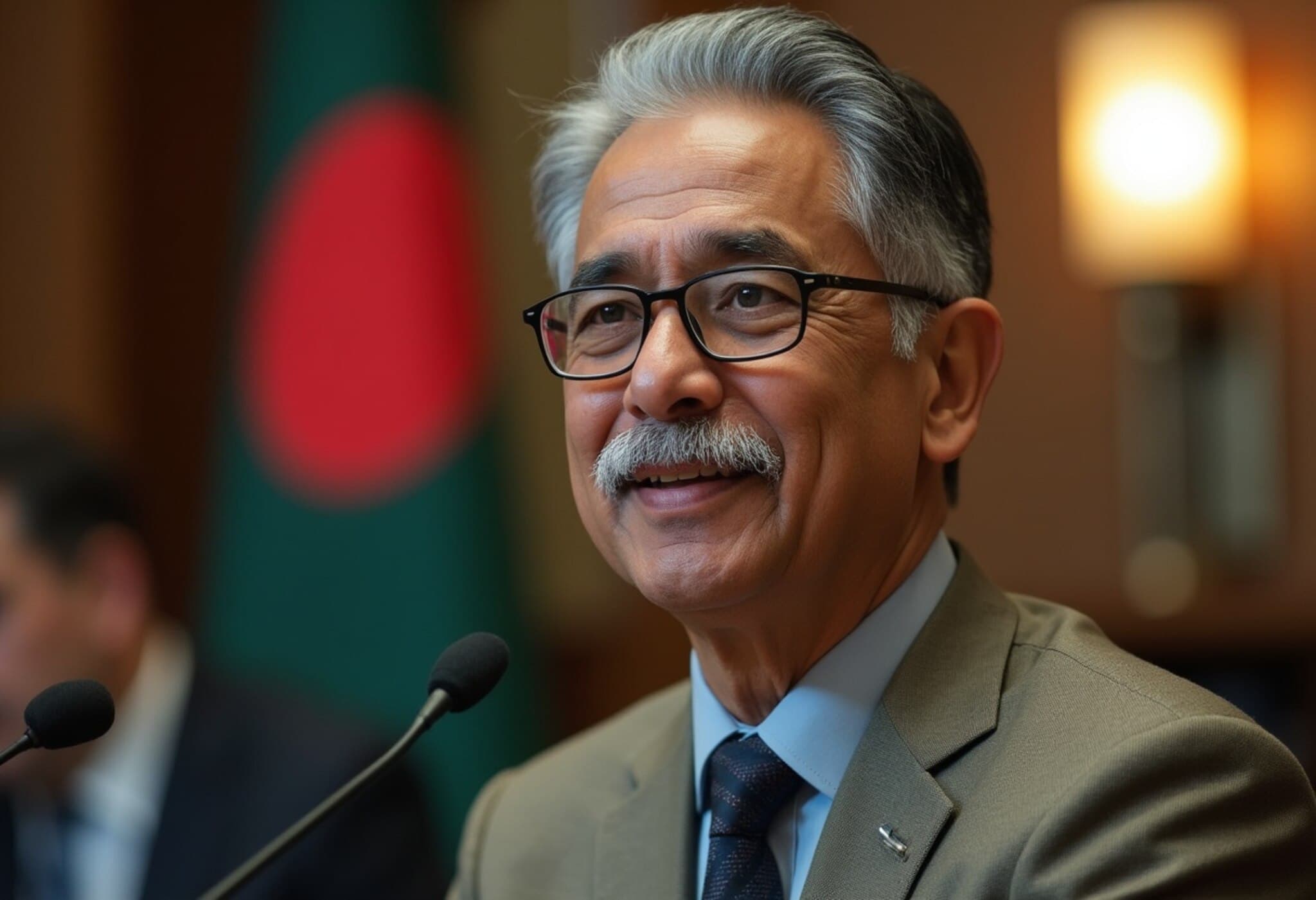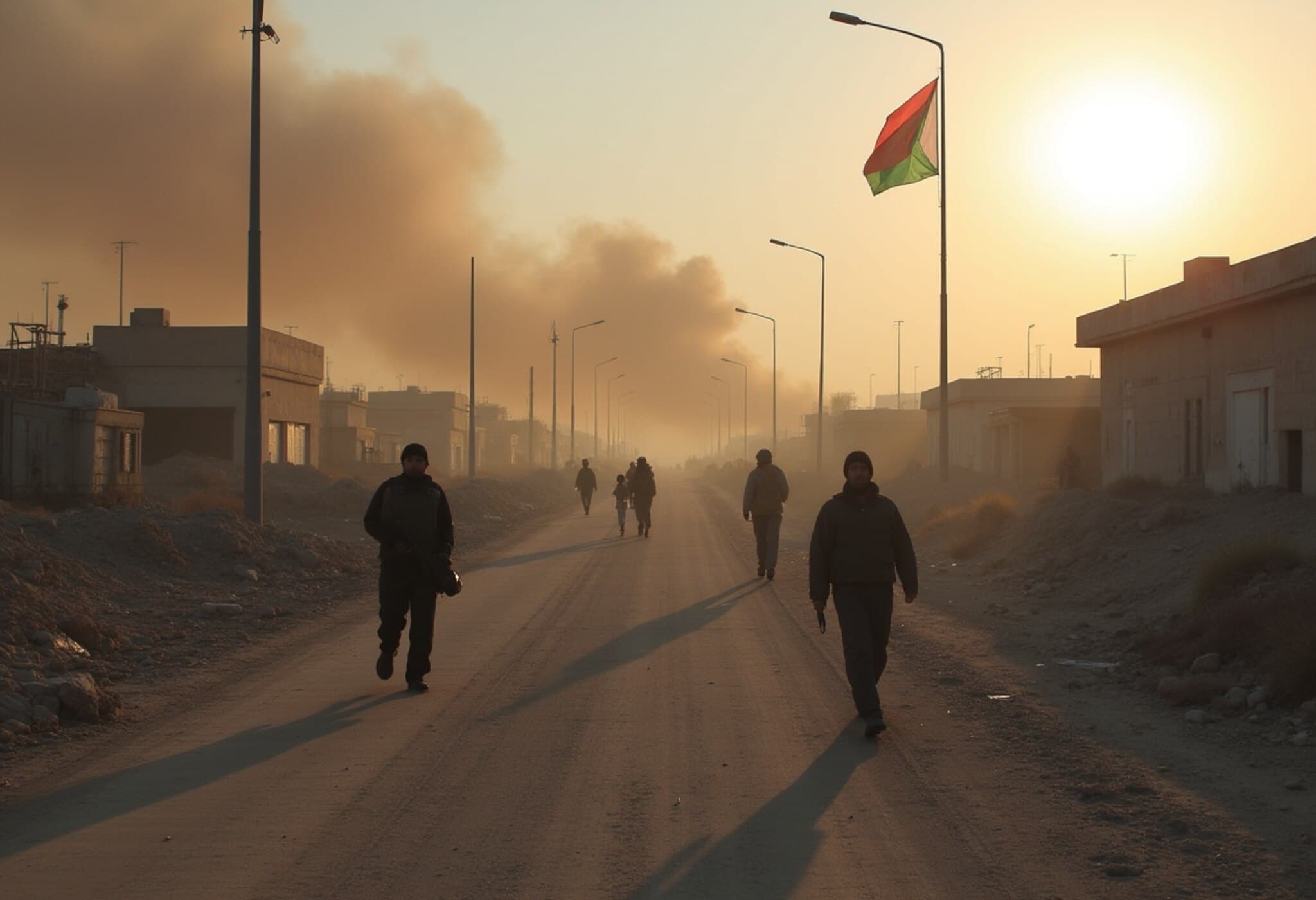US Designates Balochistan Liberation Army and Majeed Brigade as Foreign Terrorist Organizations
In a decisive policy move on August 11, 2025, the United States officially designated the Balochistan Liberation Army (BLA) and its alias, the Majeed Brigade, as Foreign Terrorist Organizations (FTOs). This action highlights Washington’s firm stance against insurgent groups threatening regional stability in South Asia and underscores a commitment to combating global terrorism.
Background: Persistent Threats by BLA and its Affiliates
The BLA, active primarily in Pakistan's southwestern province of Balochistan, was earlier labeled a Specially Designated Global Terrorist (SDGT) entity in 2019. Since then, the group, alongside the Majeed Brigade faction, has escalated attacks targeting critical infrastructure. Most notably, in 2024, the BLA claimed responsibility for suicide bombings near Karachi’s main airport and the strategically vital Gwadar Port Authority Complex.
Moving into 2025, the BLA achieved infamy for a particularly brutal incident in March — the hijacking of the Jaffar Express train en route from Quetta to Peshawar. The attack resulted in the tragic deaths of 31 civilians and security personnel, with over 300 passengers taken hostage. These acts underscore the group’s ongoing capacity to execute coordinated attacks, severely impacting civilian safety and regional security dynamics.
Implications of the US FTO Designation
Designating an organization as an FTO under section 219 of the Immigration and Nationality Act and Executive Order 13224 carries significant legal and diplomatic weight. It enables the US government to:
- Freeze assets linked to the group within US jurisdiction.
- Criminalize providing material support to these entities.
- Signal to international partners the severity of the threat these groups pose.
According to an official statement from the US State Department, “terrorist designations play a critical role in our fight against this scourge and are an effective way to curtail support for terrorist activities.” This recent designation therefore aims to stymie the operational and financial networks underpinning the BLA and Majeed Brigade.
Contextualizing the Designation Amid Broader Regional Security Challenges
This action emerges against the backdrop of heightened insurgency and militancy issues in South Asia. Only last month, the US similarly designated The Resistance Front (TRF), a proxy of Lashkar-e-Taiba (LeT), as an FTO following the deadly April 22nd terror attack in Pahalgam, India, which killed 26 people including tourists.
The move highlights an ongoing US strategy to systematically target groups that destabilize peace efforts between India and Pakistan and threaten US interests and allies in the region. From an American policy perspective, it reinforces the Trump administration’s aggressive counterterrorism approach, signaling continued geopolitical engagement in South Asia’s complex conflict environment.
Expert Insight: The American Lens on South Asian Militancy
Experts note that while naming BLA and its affiliates as FTOs is a strong message, the effectiveness depends on international cooperation and intelligence-sharing. The groups’ capabilities to conduct well-planned urban attacks pose a continual security threat that transcends borders.
Moreover, these designations could impact bilateral relations, particularly between the US, Pakistan, and India. Pakistan regards Baloch insurgency as a domestic issue, whereas India and the US perceive the groups as contributors to regional destabilization. This designation sharpens US legal tools and diplomatic leverage to press Pakistan on counterterrorism efforts.
What Lies Ahead?
- Increased surveillance and sanctions: Financial and logistical pipelines supporting these groups will come under greater scrutiny.
- Heightened regional cooperation: India, Pakistan, and the US may pursue coordinated intelligence efforts to counter these militant outfits.
- Risk of retaliation or escalated violence: Insurgent groups may seek revenge attacks in response, necessitating vigilant security postures.
Conclusion
The US’s move to formally classify the Balochistan Liberation Army and Majeed Brigade as FTOs represents a pivotal moment in the ongoing contest against terrorism in South Asia. It underscores Washington’s resolve to use legal mechanisms to choke off support to violent factions, while also inviting deeper strategic cooperation within the region. However, enduring peace will demand parallel political dialogues addressing underlying grievances fueling such insurgencies.
This designation shines a spotlight on the evolving security landscape in South Asia and raises pressing questions about the balance between counterterrorism measures and political solutions. How will Pakistan address internal dissent without exacerbating conflict? What role will international partners play in supporting sustainable peace? Readers are encouraged to follow developments closely as these dynamics unfold.

















